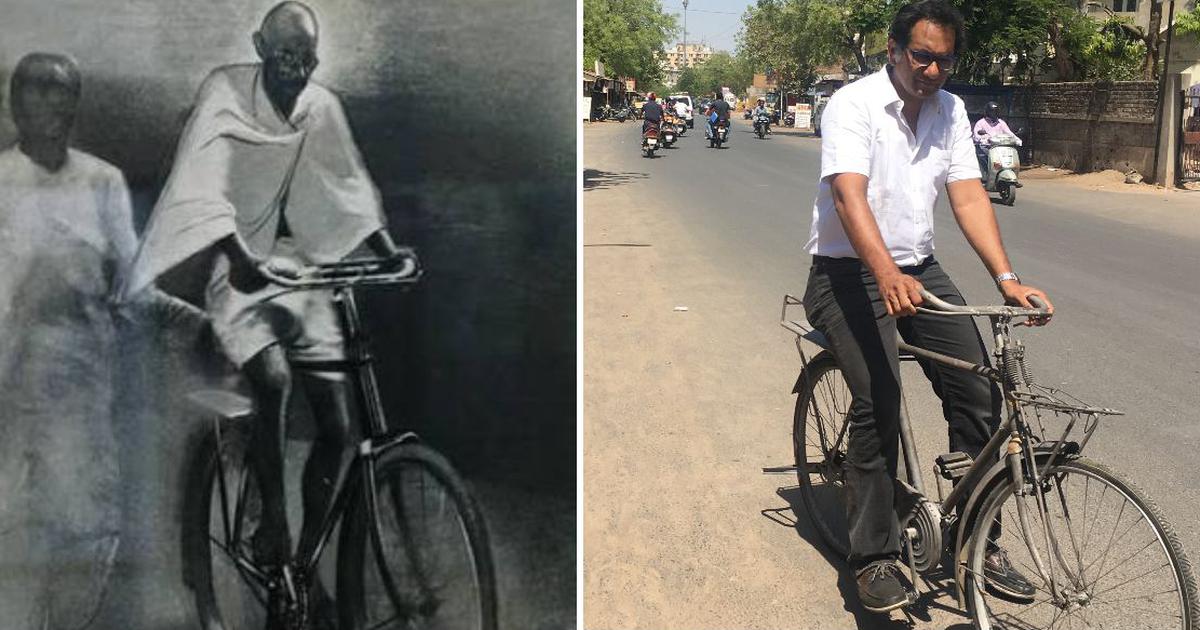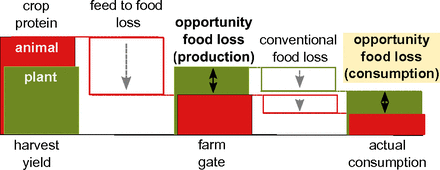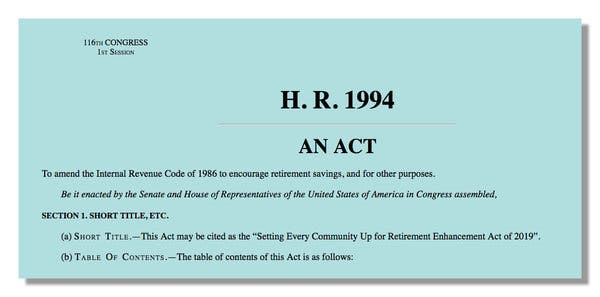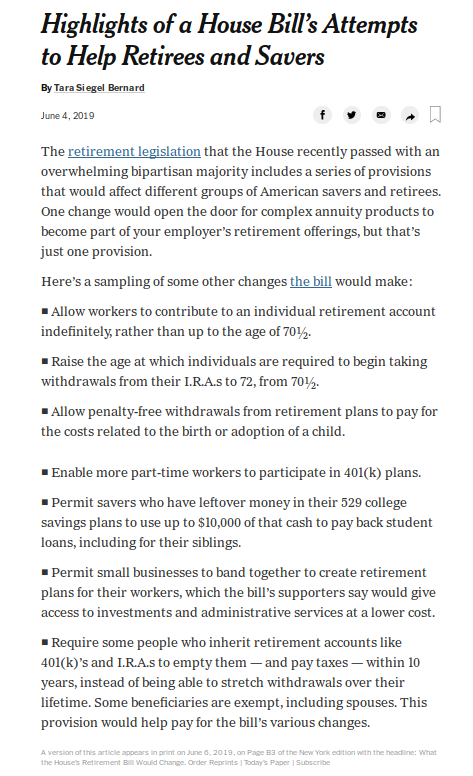In the absence of laws or legal precedents addressing the constitutionality of its use, U.S. Customs and Border Patrol has deployed facial recognition technology at at least 17 airports. Airlines and governments of other countries are doing this as well, in a vacuum of international regulations to protect travelers’ privacy and information security.
In the US, there are no laws governing the use of facial recognition. Courts have not ruled on whether it constitutes a search under the Fourth Amendment. There are no checks, no balances. Yet government agencies are working quickly to roll it out in every major airport in the country. It’s already being used in seventeen international airports, among them: Atlanta, New York City, Boston, San Jose, Chicago, and two airports in Houston. Many major airlines are on board with the idea — Delta, JetBlue, British Airways, Lufthansa, and American Airlines. Airport operations companies, including Los Angeles World Airports, Greater Orlando Aviation Authority, Mineta San Jose International Airport, Miami International Airport, and the Metropolitan Washington Airports Authority, are also involved.
…
CBP says it allows U.S. citizens to decline facial verification and to instead have their identities confirmed through the usual manual boarding process. “CBP works with airline and airport partners to incorporate notifications and processes into their current business models, including signage and gate announcements, to ensure transparency of the biometric process,” an agency spokesperson said in an email to BuzzFeed News. But of 12 flights observed by OIG during its audit in 2017, only 16 passengers declined to participate.
According to Delta, less than 2% of its weekly 25,000 passengers going through the Atlanta airport’s Terminal F, which features “curb to gate” facial recognition systems, opt out of using the tech.
…
The government’s end vision, according to an early “Biometric Pathway” document from December 2016, is for CBP to build a vast “backend communication portal to support TSA, airport, and airline partners in their efforts to use facial images as a single biometric key for identifying and matching travelers to their identities.”
“This will enable … verified biometrics for check-in, baggage drop, security checkpoints, lounge access, boarding, and other processes,” the document says. “This will create simplified and standardized wayfinding across airports.”
…
According to the Concept of Operations document, “By partnering with other stakeholders, CBP can facilitate a large-scale transformation of air travel that, by using biometrics, will make air travel more secure … providing increased certainty as to the identity of airline travelers at multiple points in the travel process” and “build additional integrity into the immigration system.” Biometric capture, CBP explained, would be “integrated” into the “systems and business processes” of other stakeholders, including private ones like airports and airlines.
The idea is for CBP to be able to scale up the effort considerably. “Instead of a program that is built and developed exclusively by CBP, and that benefits only CBP missions,” the document states, “the result is a series of interconnected initiatives undertaken by multiple stakeholders, both public and private, and through which all will significantly benefit.”
…
This is not the first time DHS has seemingly overstepped its boundaries. In the mid-2000s, EPIC sued to obtain records, describing problems with the TSA’s airport body scanners: invasive screening practices, potential health risks, traveler complaints, and more. Then in 2011, EPIC sued again, asking the courts to compel DHS to undertake a public notice-and-comment rulemaking on the use of body scanners. As EPIC argued, “The TSA has acted outside of its regulatory authority and with profound disregard for the statutory and constitutional rights of air travelers.” The DC Circuit agreed, and for the first time, the public was allowed to comment on the body scanner program.
But this time, DHS appears to be arguing, a facial recognition program at the border is so critical that it should be implemented, even without going through all the steps of the rulemaking process. Three internal documents seen by BuzzFeed News state, “CBP will transform the way it identifies travelers by shifting the key to unlocking a traveler’s record from biographic identifiers to biometric ones — primarily a traveler’s face.”
…
As of the time of publication, the airports included in CBP’s biometric facial recognition program are in Atlanta, Chicago, Seattle, San Francisco, Las Vegas, Los Angeles, Washington (Dulles and Reagan), Boston, Fort Lauderdale, Houston Hobby, Dallas/Fort Worth, JFK, Miami, San Jose, Orlando, and Detroit.



![Right of Return Fellow Victor “Marka27” Quiñonez, bearded, with dark glasses and a dark hat. He holds up his unbuttoned green shirt to show the white t-shirt underneath that says, "All my homies hate prisons." [Photo by Maurice Sartirana, courtesy of Right of Return Fellowship]](https://images.fastcompany.net/image/upload/w_562,ar_16:9,c_fill,g_auto,f_auto,q_auto,fl_lossy/wp-cms/uploads/2023/02/i-4-90850219-abolitionist-art.webp)





